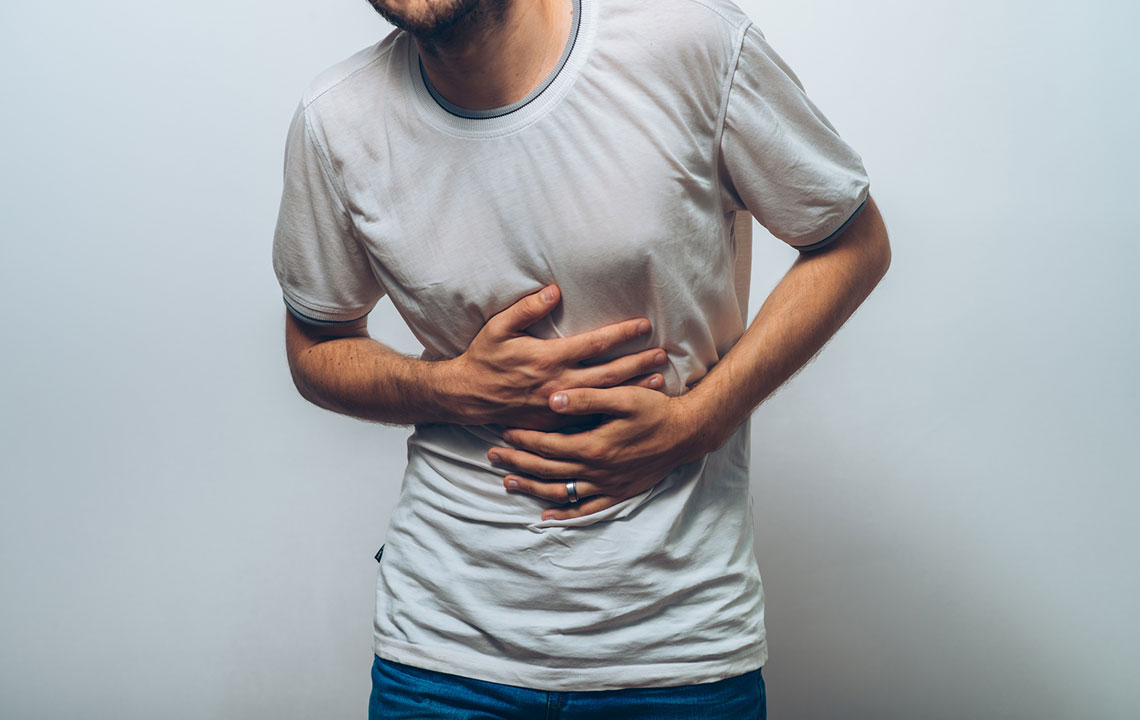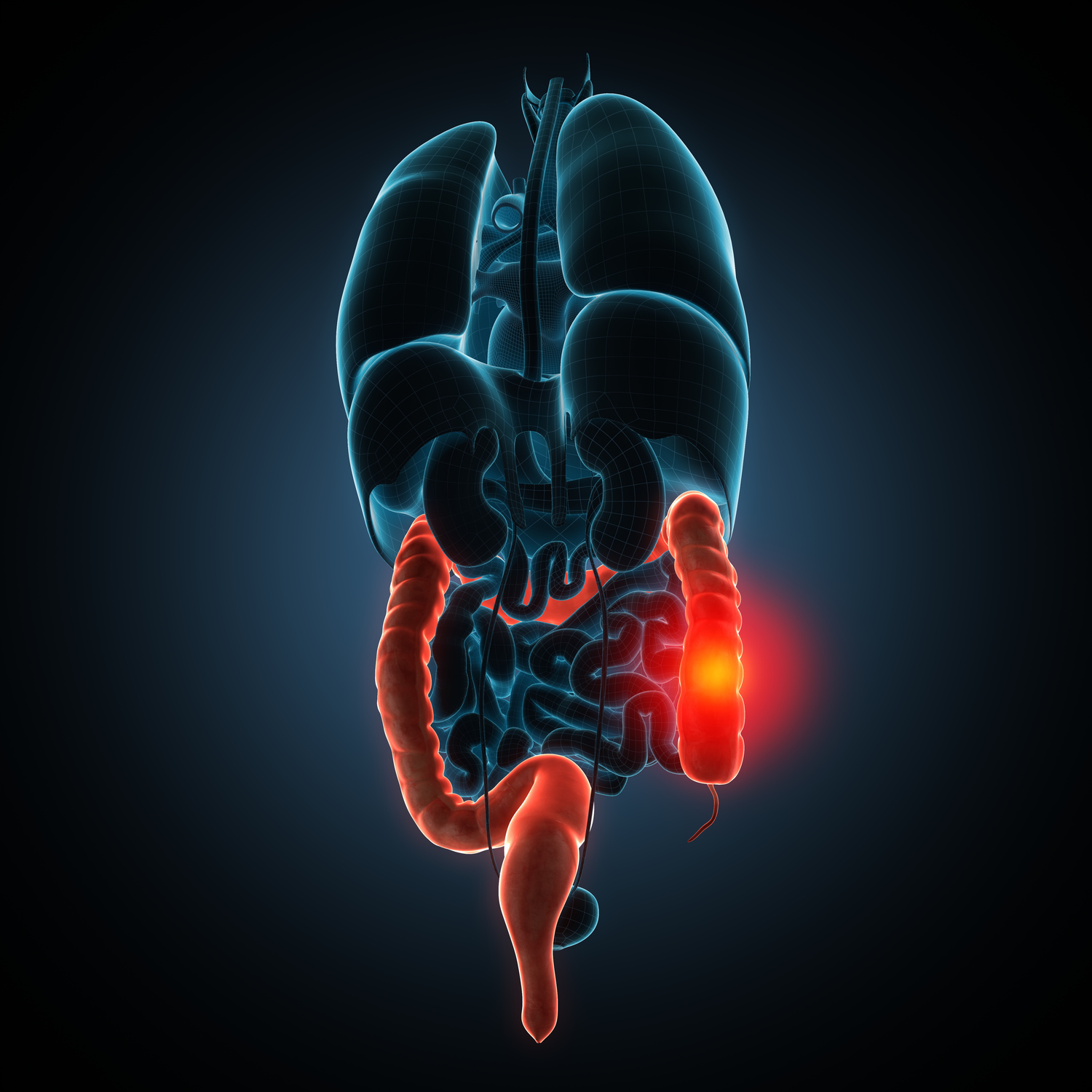Comprehensive Guide to Crohn's Disease: Causes, Symptoms, and Risks
This article offers an in-depth overview of Crohn's disease, covering its causes, typical symptoms, risk factors, and potential complications. It emphasizes the importance of early detection and management strategies to prevent serious health issues.

Comprehensive Guide to Crohn's Disease: Causes, Symptoms, and Risks
Crohn's disease is a chronic inflammatory disorder affecting the gastrointestinal (GI) tract, which can involve any part from the mouth to the anus, most commonly targeting the small intestine. It may also impact other organs like the eyes, skin, and joints.
Key Symptoms
Patients often report diarrhea, abdominal pain, and cramping. Additional signs include fever, fatigue, blood in stools, mouth sores, poor appetite, and weight reduction.
Inflammation can also affect the skin, joints, eyes, liver, and bile ducts.
In pediatric cases, the condition may impair growth and delay puberty.
Potential Causes
Although the precise cause remains unknown, genetics and immune system abnormalities are suspected contributors. Bacterial infections might provoke an abnormal immune response damaging digestive tissues. A family history increases risk.
Risk Factors
Factors such as age, ethnicity, smoking, and diet play crucial roles. Certain medications, especially nonsteroidal anti-inflammatory drugs (NSAIDs), can also heighten susceptibility.
Typically develops before age 30, but can occur at any age.
Higher prevalence among individuals of Jewish descent.
Smoking and poor diet elevate the chances of developing Crohn's disease.
Use of specific drugs may worsen inflammation.
Consumption of processed, high-fat foods increases risk.
Potential Complications
Although usually not life-threatening, Crohn's disease can lead to severe health issues requiring prompt medical care:
Intestinal narrowing or blockage due to wall thickening, sometimes needing surgery.
Persistent inflammation can cause ulcers throughout the digestive tract, including anal regions.
Small tears or fistulas in the anal area can cause painful bowel movements.
Other health problems like anemia, skin conditions, joint pain, liver or gallbladder disease, and osteoporosis may develop.
Early diagnosis and treatment are vital for symptom control and preventing complications.


